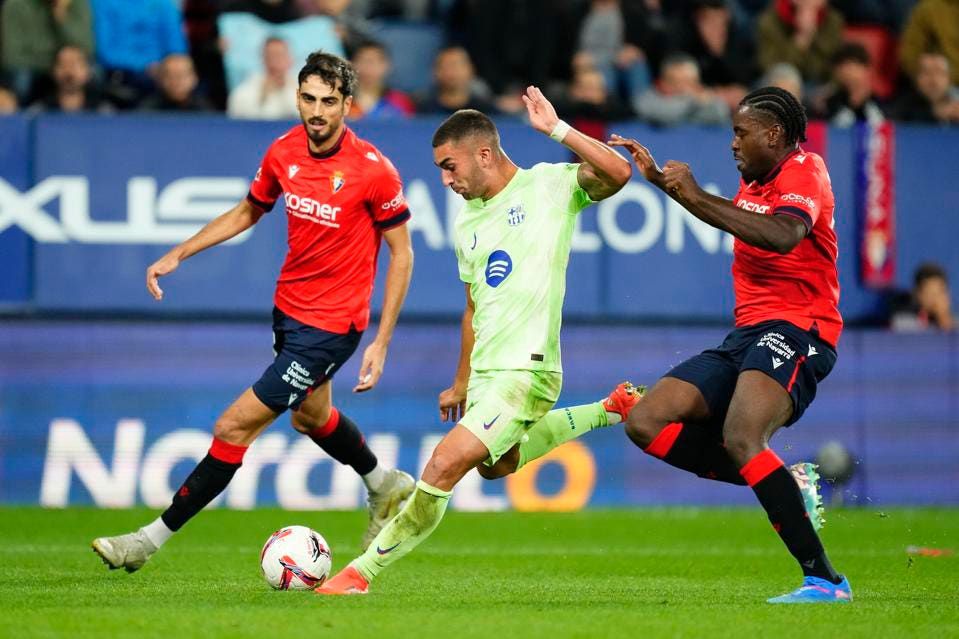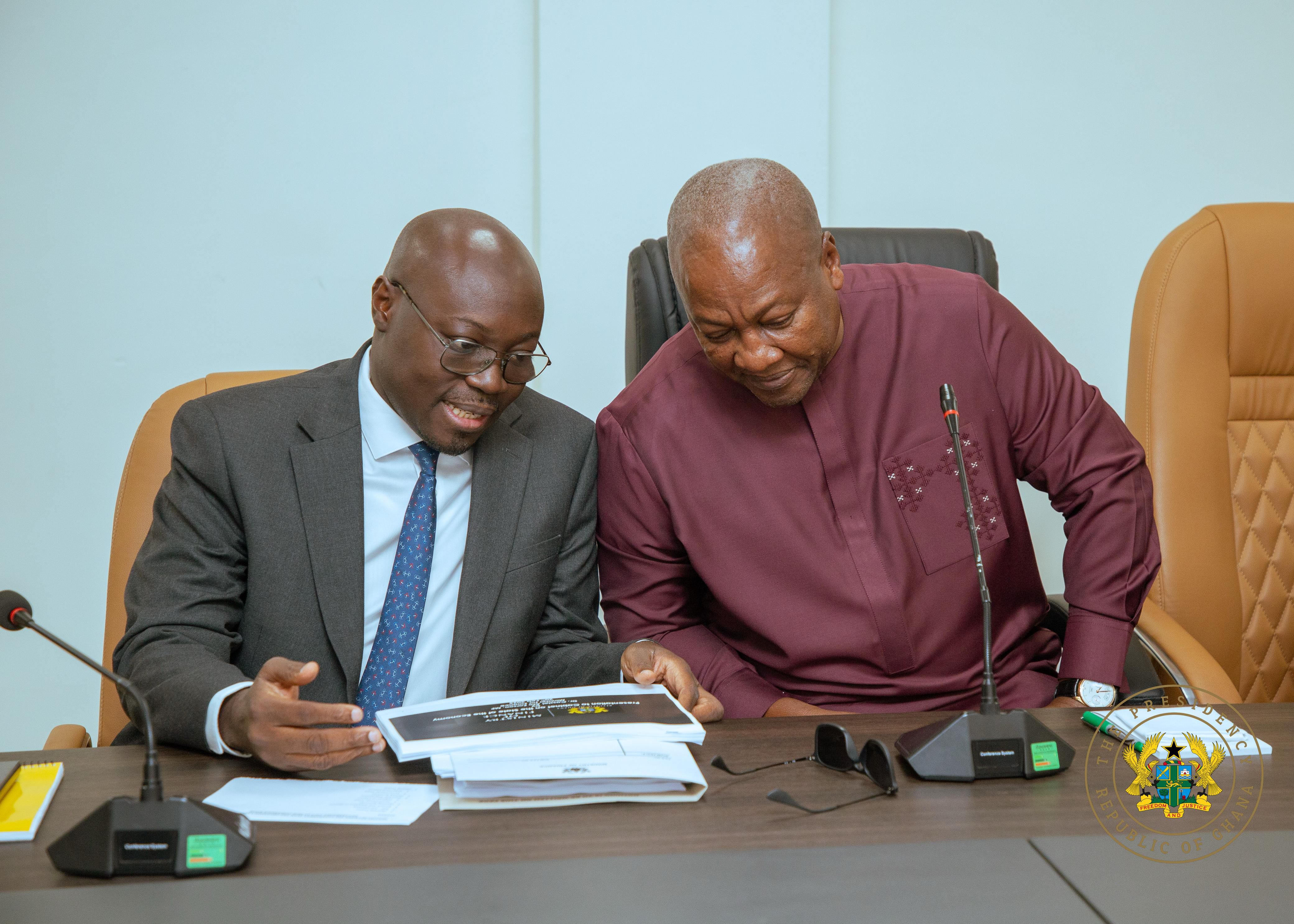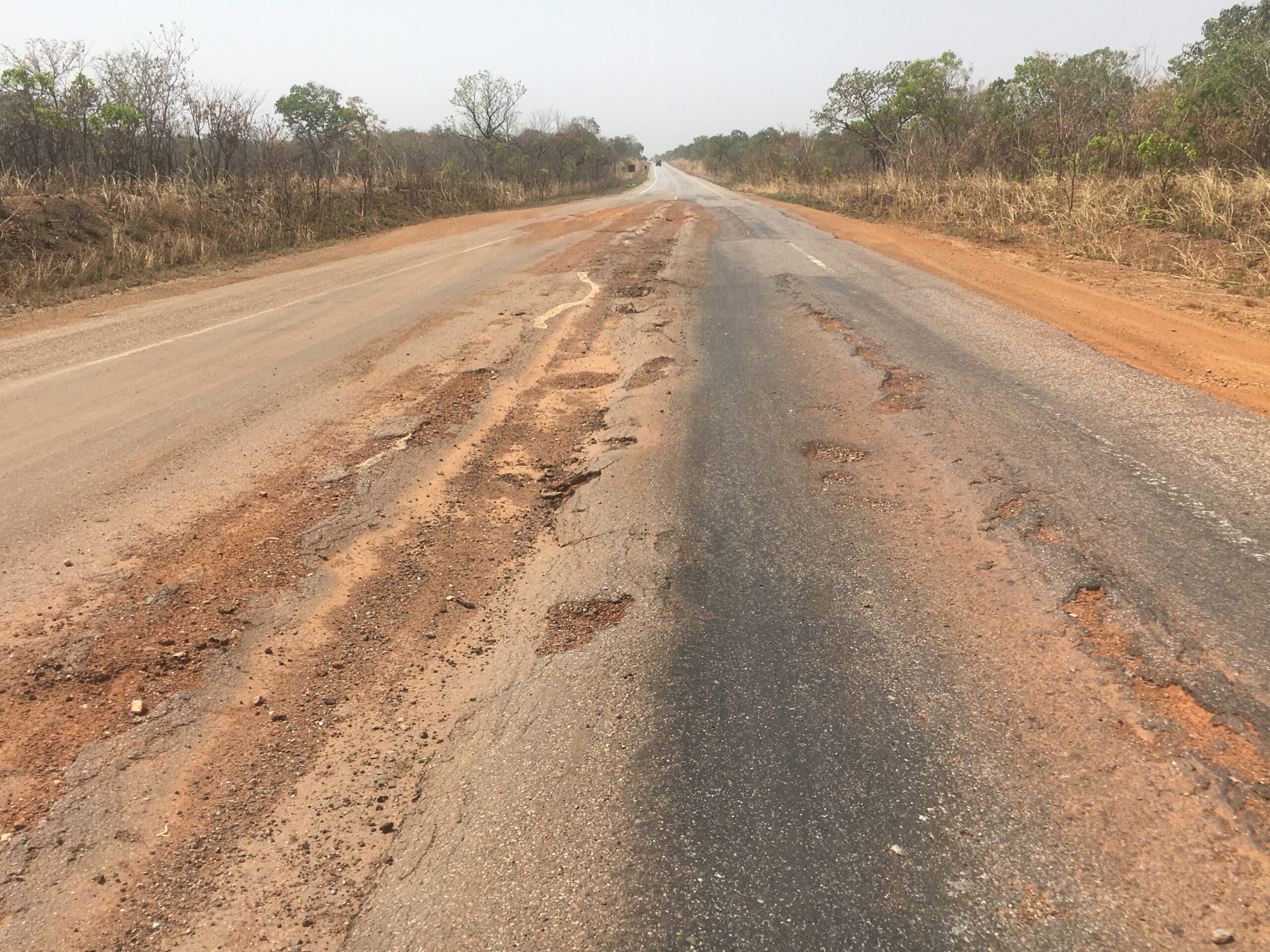
Two weeks, four different scandals. This is the current situation as far as governance is concerned.
From one controversy to the next, Ghana seems to be caught up in a web of scandals.
Let’s start with the latest, as last week saw the revelation of the award of the contract for the 5G spectrum in Ghana to Next Gen Infrastructure Company, which was established only a week before receiving presidential authorization.
The issue, which raised concerns about the company’s lack of industry experience and track record, was, however, rebutted by the minister for communications and digitalization, Ursula Owusu-Ekuful.
In a media engagement, she explained that Next Gen InfraCo was awarded the contract because it was the only existing company with the capacity to handle the country’s 5G spectrum.
But while this issue is still a subject of debate, the events that ensued in the previous week have been unmatched.
From SSNIT’s move to relinquish 60% of its stake in four hotels to the damning revelations of the KPMG report in the GRA SML Deal to the infamous Richard Jakpa, Ato Forson, and Attorney General cases, the country was thrown into disarray in just one week.
Key findings in the KPMG report revealed that the Ghana Revenue Authority (GRA) failed to secure necessary approvals from the Public Procurement Authority and Parliament for its engagements with Strategic Mobilisation Limited and that there were payment discrepancies with audit findings indicating payment of over 1.4 billion cedis to SML, although it partially fulfilled its obligations.
It also revealed ineffective flowmeters, which were supposed to accurately measure petroleum products, and a lack of value for money.
The ambulance case also saw allegations by the third accused, Richard Jakpa, of political motives by the Attorney General in pursuing the case against him and the first accused person, Cassiel Ato Forson; allegations of pressure from high-ranking officials on the AG to ensure Forson’s imprisonment; the not-so-popular leaked tape recording between the third accused and the AG; and lastly, a judicial caution to both the prosecution and the defense lawyers to be circumspect in their commentary and utterances on matters relating to the trial.
It seems it has become the norm for sitting governments to get involved in a myriad of scandals just at the tail end of their term in office.
Similar issues were recorded between 2015 and 2016, when the NDC was about to leave power.
Remember the Smartty’s Bus branding saga, which dominated headlines in late 2015?
The issue saw 116 Metro Mass Transit buses rebranded at a whopping GH¢3.6 million; a demand for refund by the Attorney General; and the resignation of the then Minister of Transport, Dzifa Attivor.
And there was also the infamous Ford Saga, where ex-President John Mahama was accused of accepting a gift of a Ford vehicle from a construction firm bidding for a lucrative government contract.
John Mahama was later cleared of the corruption allegations by the Commission on Human Rights and Administrative Justice (CHRAJ), which said in a 78-page report that a claim of conflict of interest against him was not substantiated.
Well, with the 2024 general elections drawing near, the question remains: is this the end of scandals, or are there more?
The post Why is the final term of our politicians becoming scandal prone? first appeared on 3News.
Read Full Story












Facebook
Twitter
Pinterest
Instagram
Google+
YouTube
LinkedIn
RSS